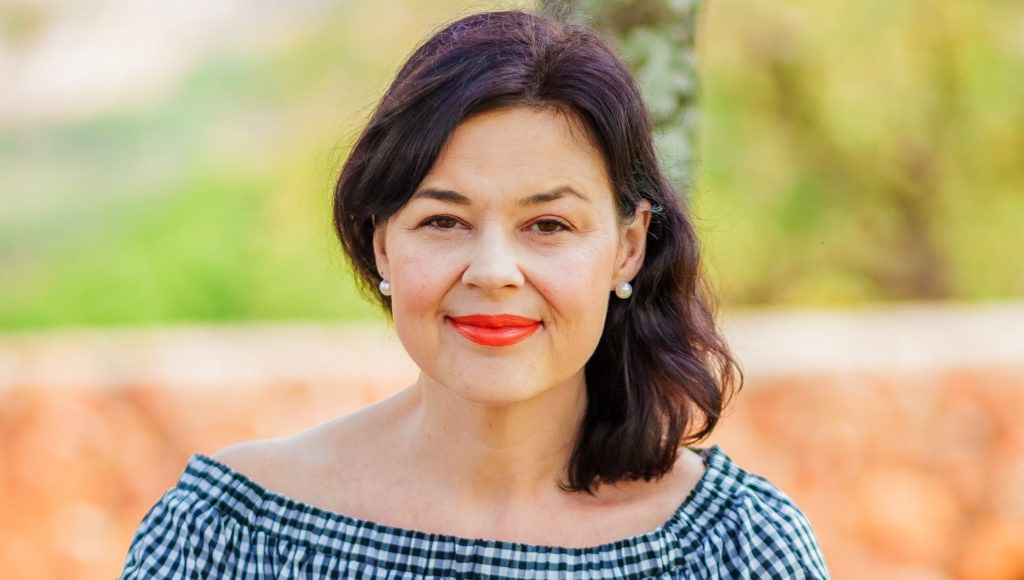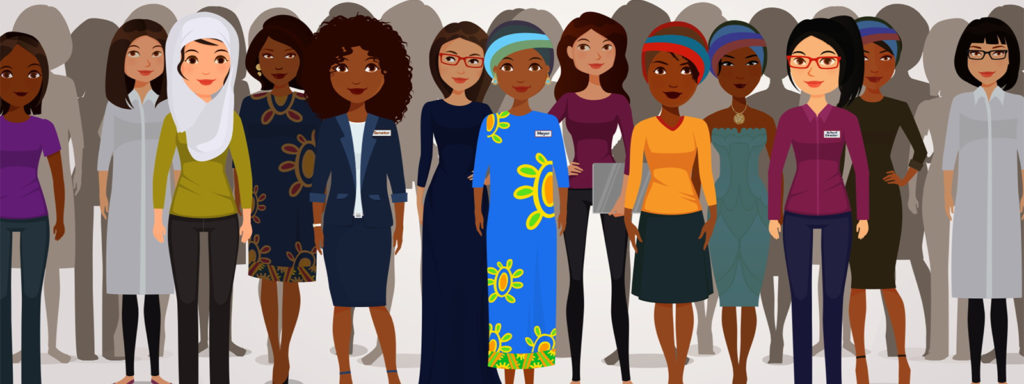COVID-19 has been on everyone’s minds since word reached of the epidemic in Wuhan at the end of December 2020. I remember paying close attention as a friend of mine from Malawi studying in Wuhan itself was one of the first to go into lockdown and reaching out to her.
Whilst I tracked COVID-19’s development I didn’t ever seriously think it would affect Africa. Like many others I pinned my hopes on our warm climate offering some degree of protection from the virus itself, at this stage it was a distant problem something that affected other parts of the world and hopefully would skip us.
It was only in February that I seriously realized the impact and effects would reach this continent and hit us hard. Whilst attending a global partners meeting under Hivos’ Women@Work programme it became apparent that the impact of COVID-19 was worrying many.
Then I heard that my nephew and sister in the UK were ill, and that my nephew had been confirmed to have COVID-19 – he is one of the lucky few to have been tested, prioritized due to asthmatic implications. Hearing of how family and friends in other parts of the world were struggling with lockdown conditions heightened my anxieties
Then COVID-19 started becoming a reality, we all tracked its spread from North Africa to West Africa, to East Africa and finally to Southern Africa. The last few weeks have passed in a blur: We have an onslaught of news and information: The media on one hand providing valuable information, but often fueling fear and fake news. Governments imposing various restrictions to reduce movement and infection, but also may have serious and far reaching negative effects. Commentators discussing the inadequacies of our social services and COVID-19 responses. Information on how COVID-19 may further impact on crumbling essential social services and economies including on the economic lifelines of many. Fears abound about the impact on essential workers doing their best to provide a response without adequate structures and systems
The women’s movement is unpacking the gendered elements of COVID-19 and how best to respond, many partners have adapted strategies and rolled our immediate responses.
we all know that its women that will bear the brunt of this: Women Leaders trying to support their communities and families, women leaders trying to adapt their personal and professional plans and adjust. Women leaders worrying about the impact on COVID-19 on their families and taking time to prepare and insulate themselves as best as they can. Women leaders as frontline responders in the health sector and Women Leaders trying to formulate responses to mitigate the impact and effects of this hideous virus. Women leaders struggling with the economic impact of COVID-19 and those experiencing emotional stress, mental health issues, and those experiencing more GBV as a result of the stressors and restrictions we are experiencing.
We are all under pressure to maintain productivity, we all want to make the right decisions – something that’s hugely challenging with all the grey areas as we try to unpack and predict the short, medium and long term impacts of the virus and adapt personally and professionally accordingly. We need to weigh our own needs versus the needs of the collective. Often easier said than done for many of us who are attempting and struggling to adjust to new ways of living and working. But we are the lucky ones the ones who have homes, health and access (even if limited) to power and leadership opportunities.
What we all need to do now is evaluate our actions to see how they impact ourselves, and our communities. We may be in isolation struggling to manage child care, home schooling whilst working and trying our best to maintain productivity whilst continuously rewriting the plans that we had. Plans for ourselves, our communities and for the greater good. What’s important for women now as we try to navigate the maze of fear, fake news, challenges and panic related to COVID-19 is also to remember that sometimes it’s important to take a step back and remember we are all in this together. We must also not forget that coping mechanisms are essential as we adjust to new ways of life. Our emotional and mental health is our buffer against this new reality and we need to safeguard it as best we can, as we continue our struggle in new ways to support the rights of women, and the fight against COVID-19 and its impact for the most vulnerable, of whom women need to keep up the struggle to improve the lives of those women who do not.


